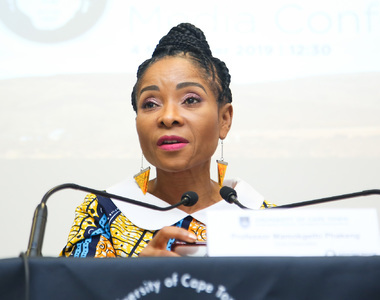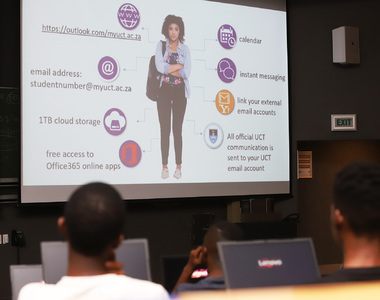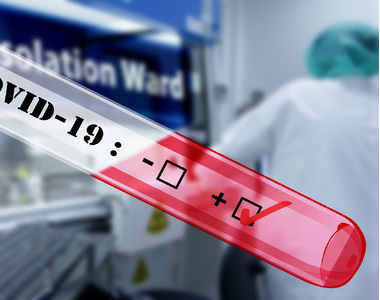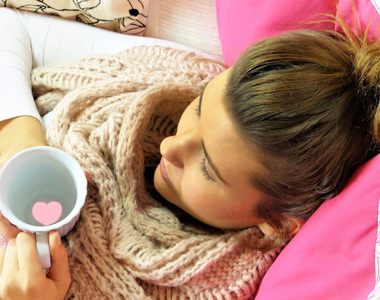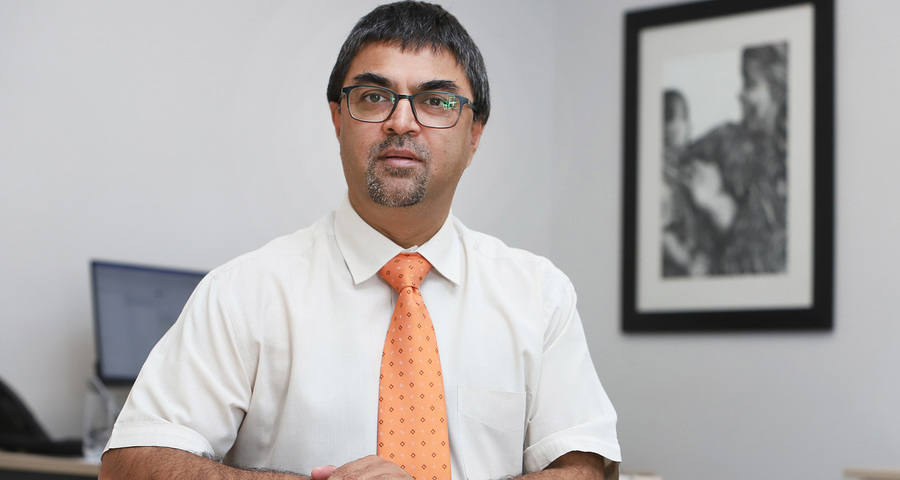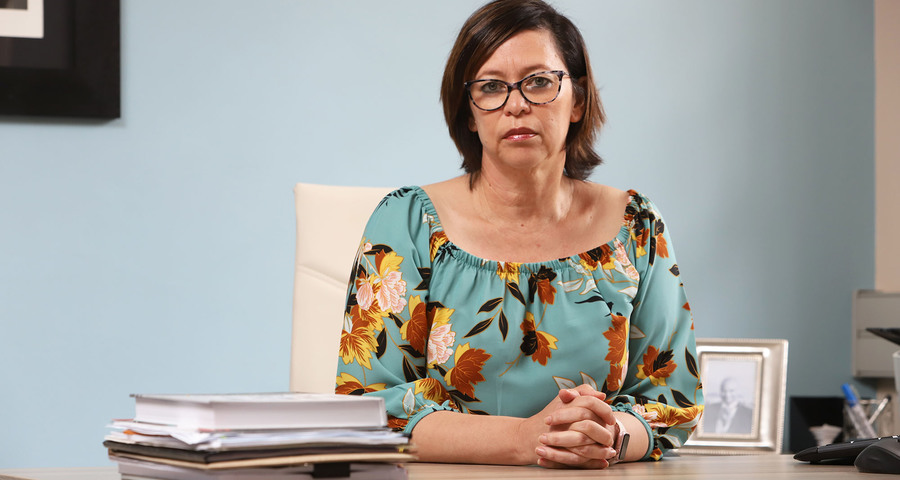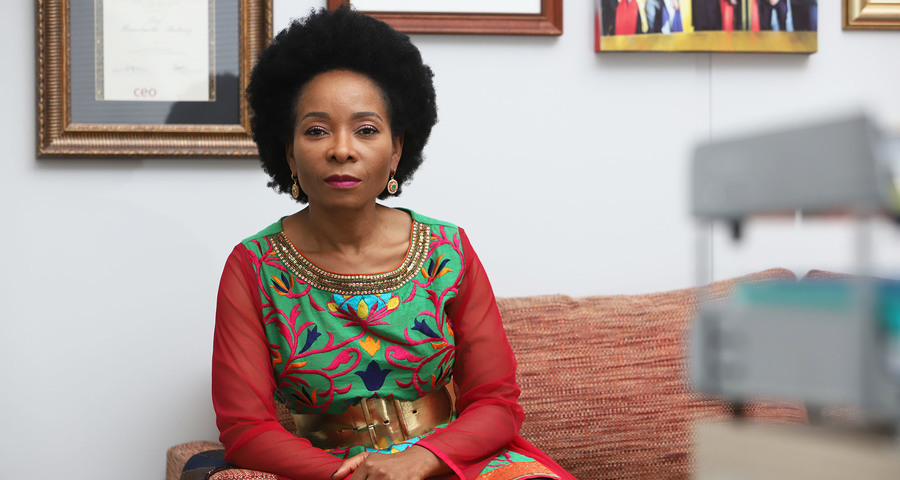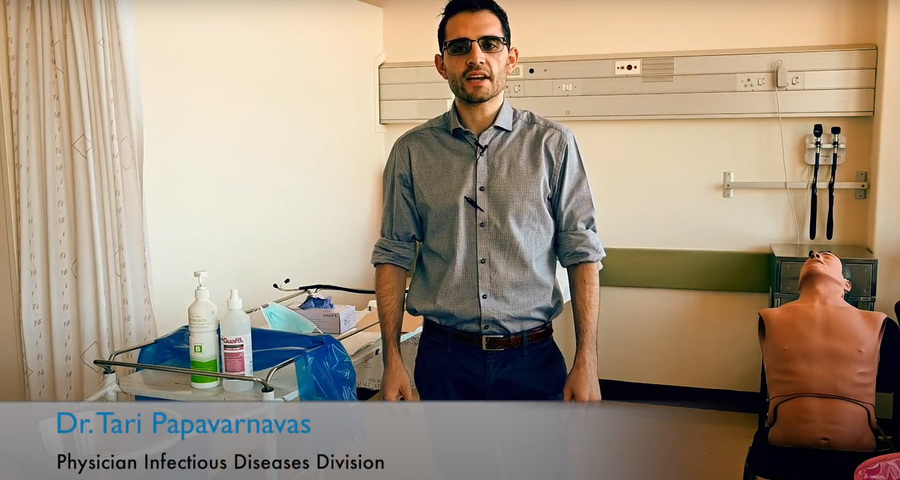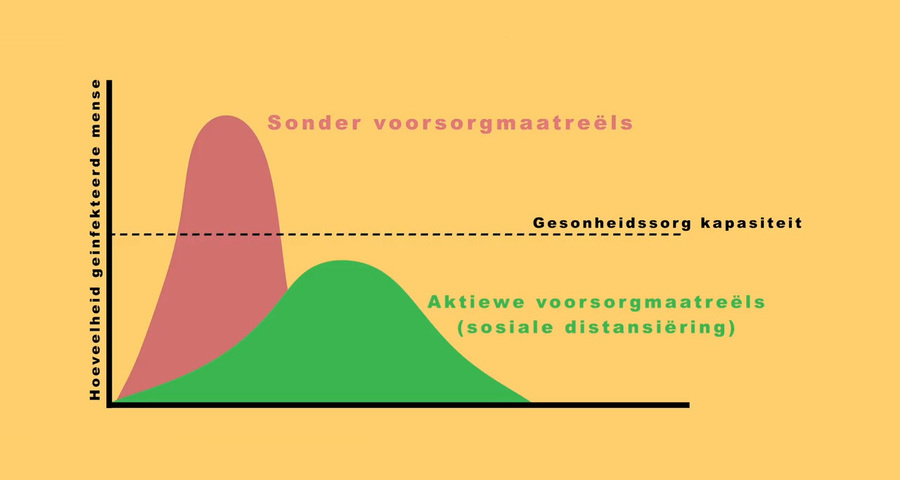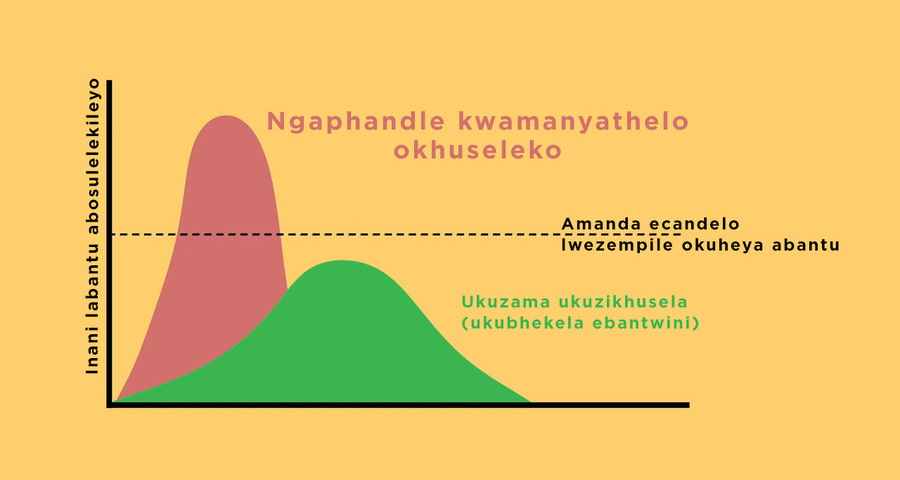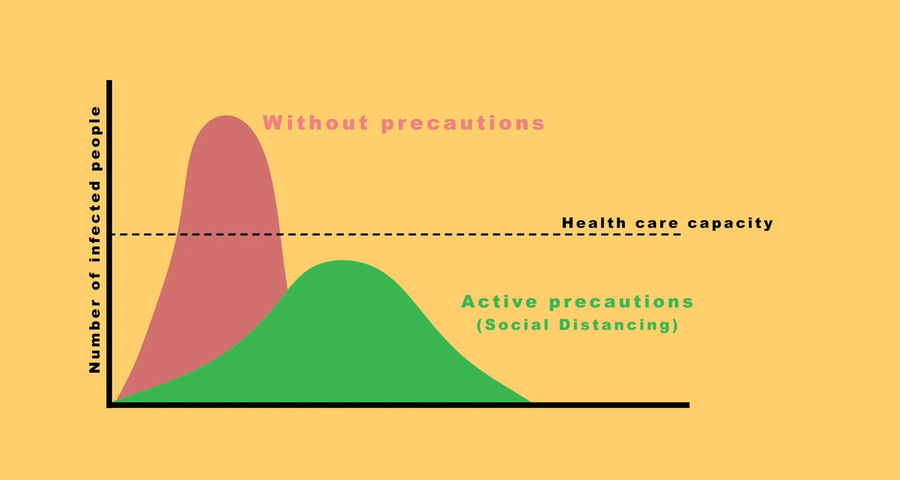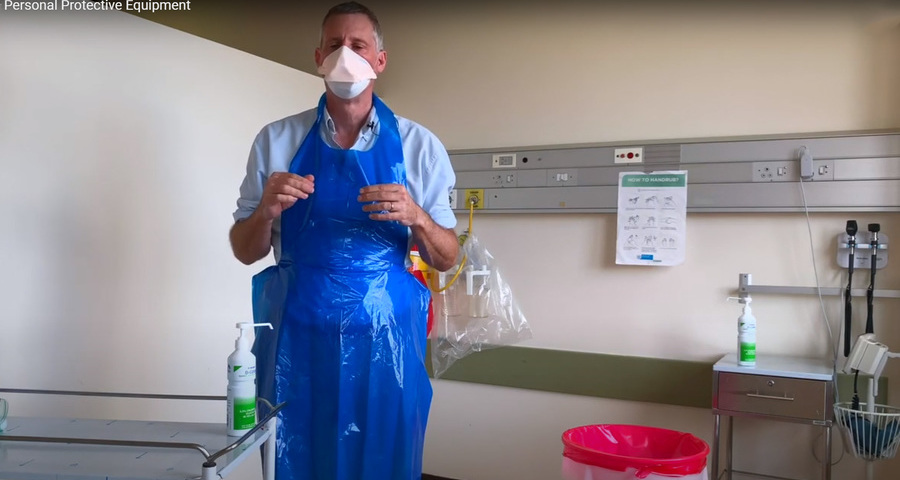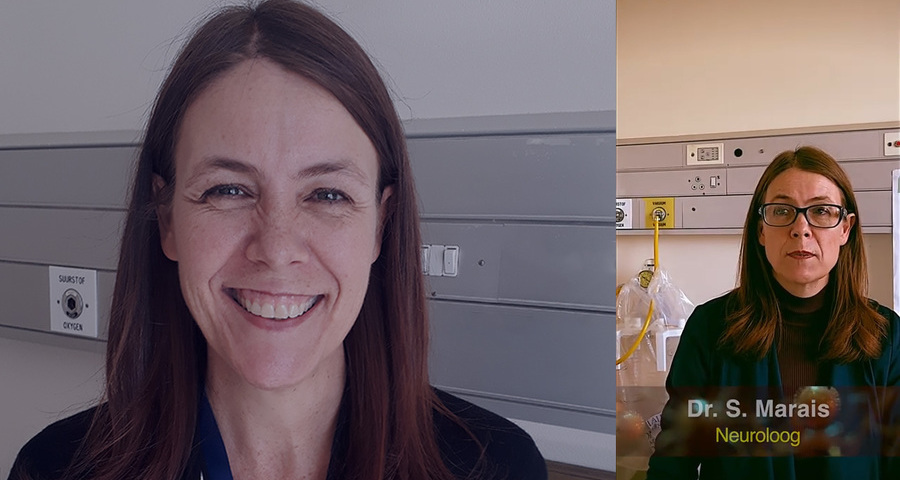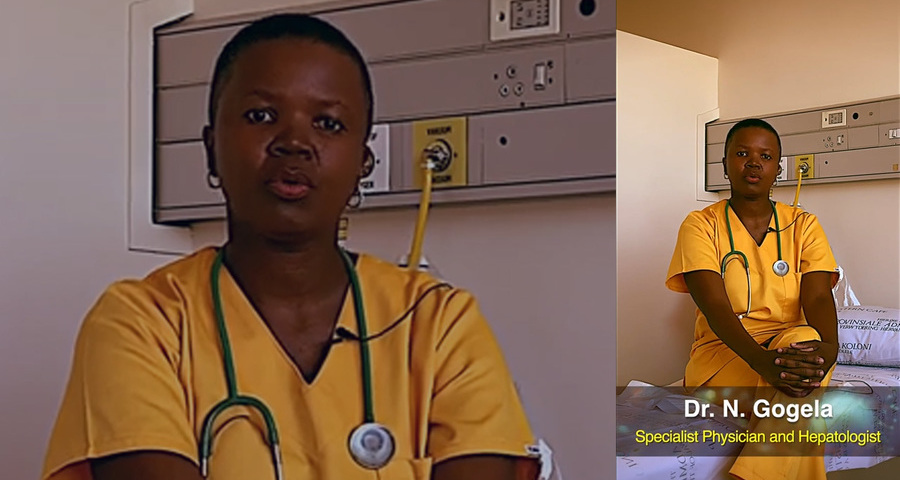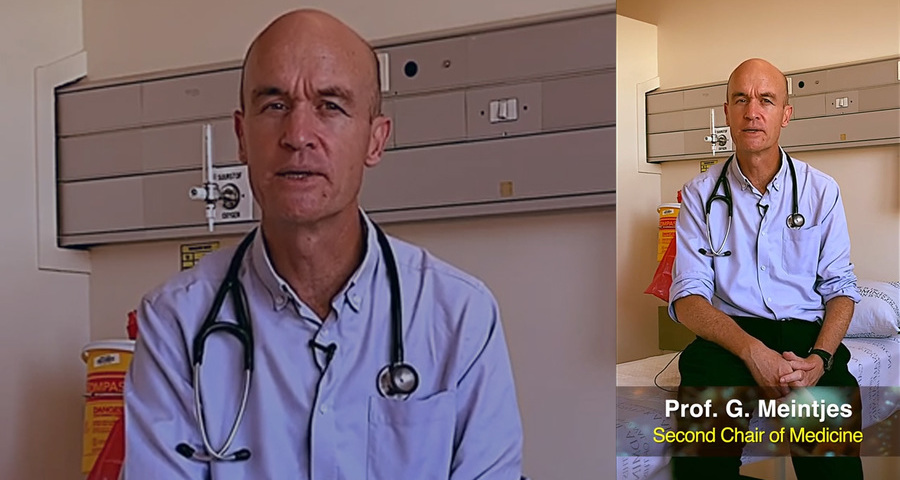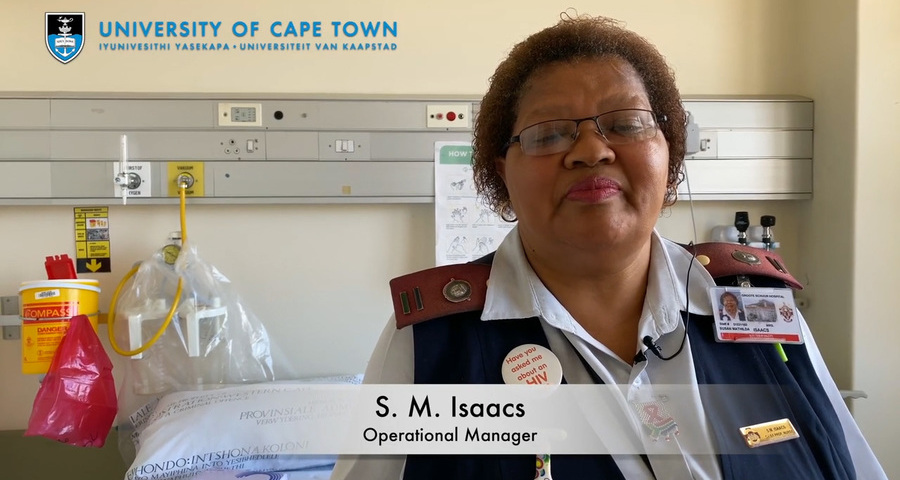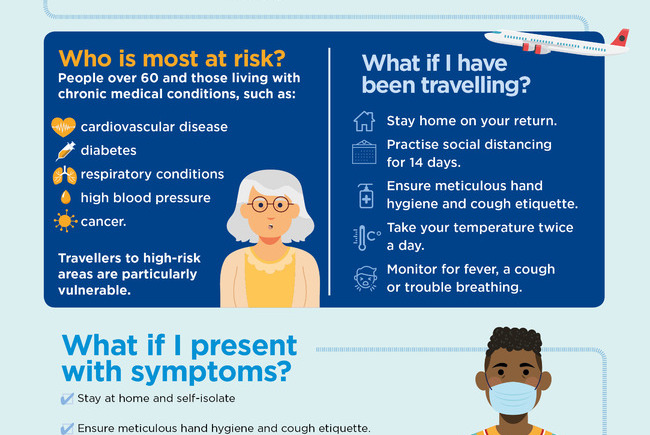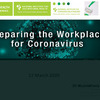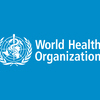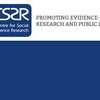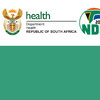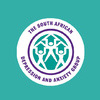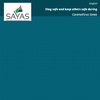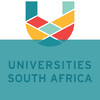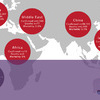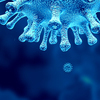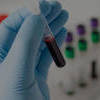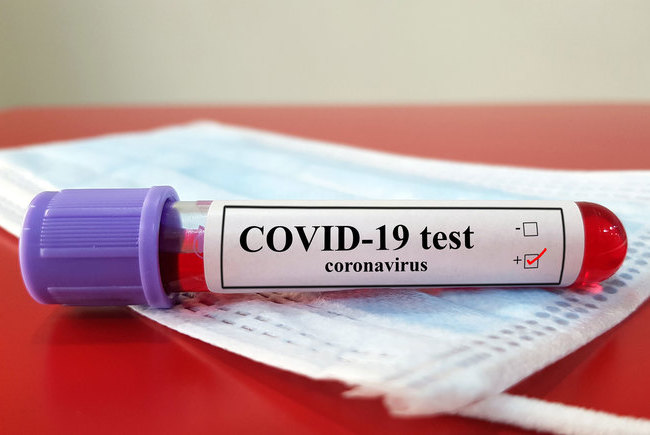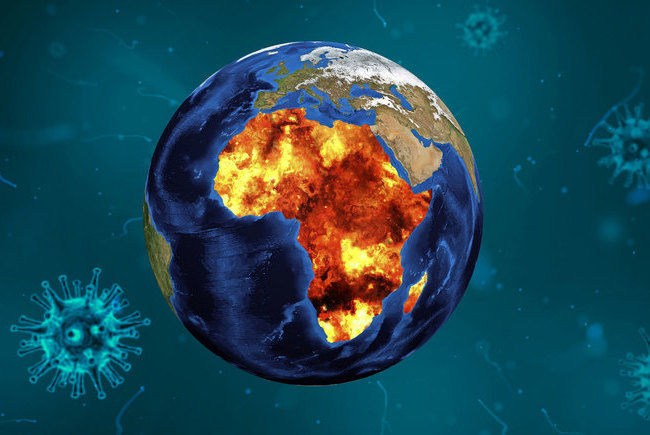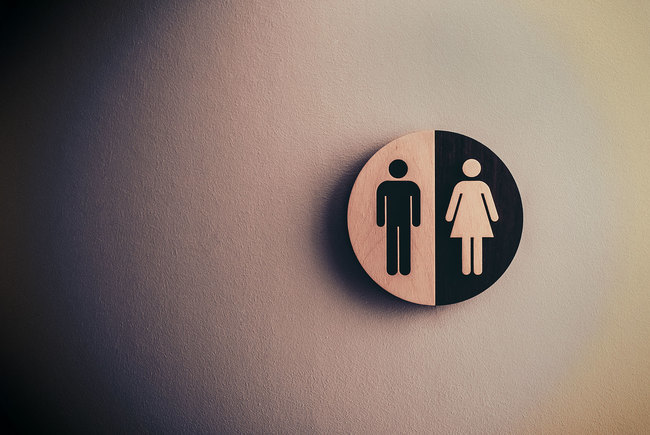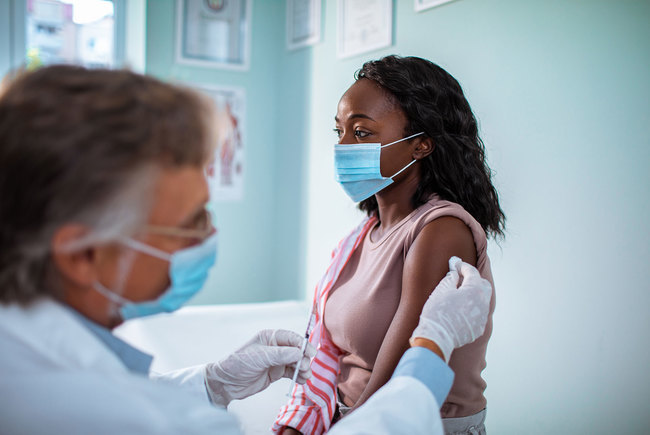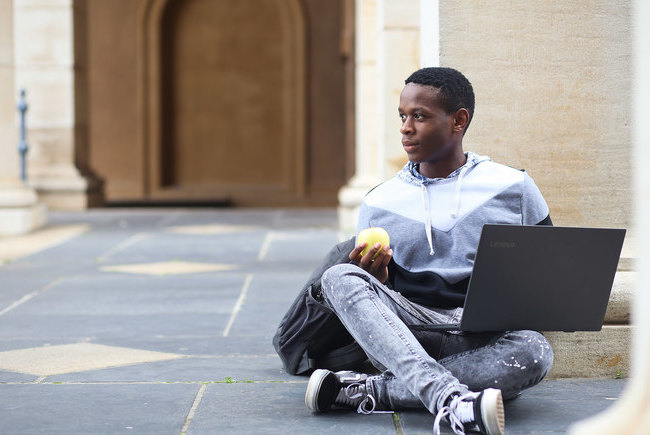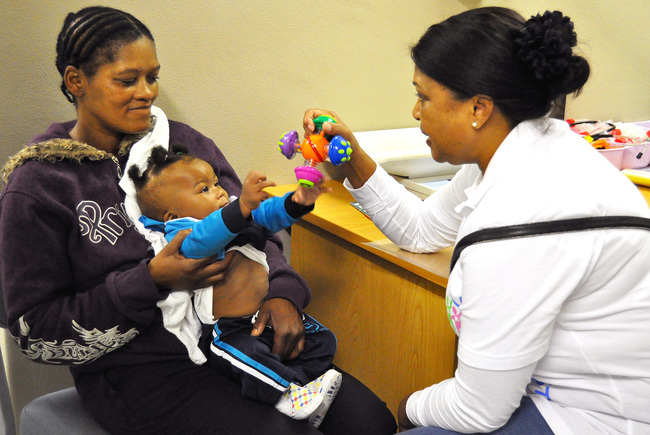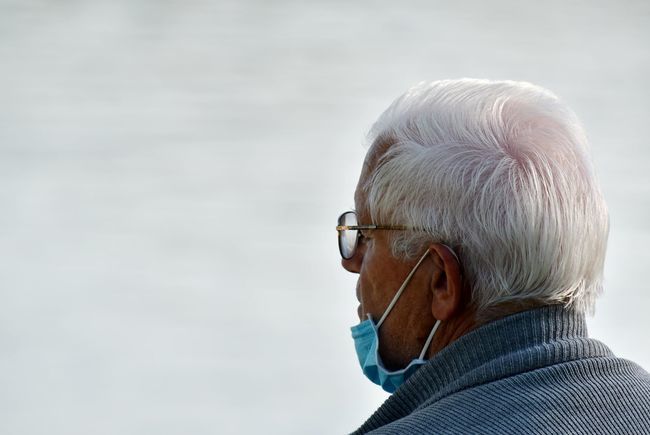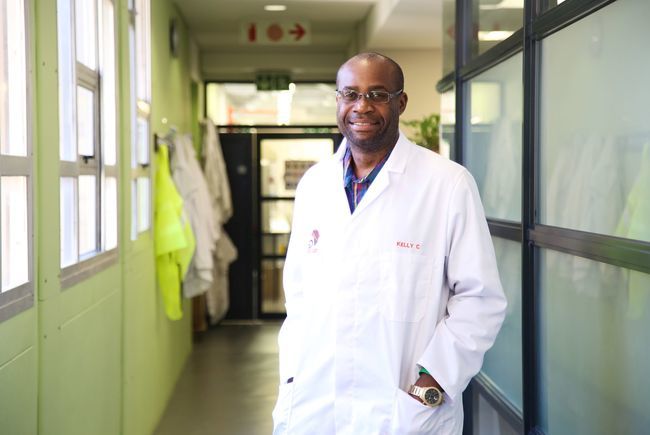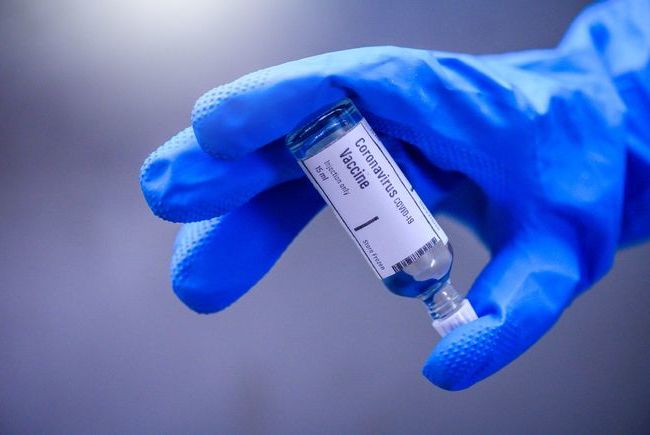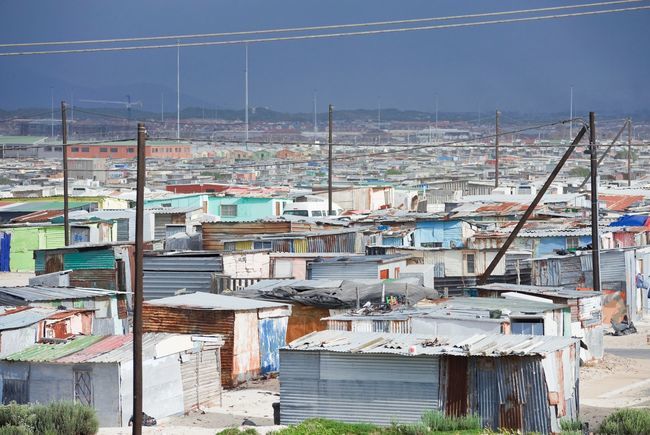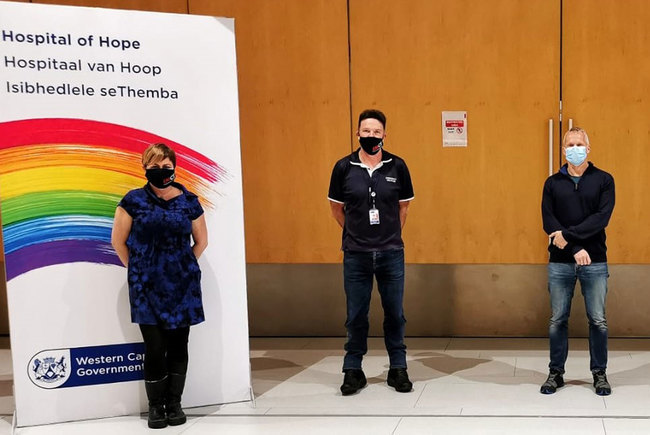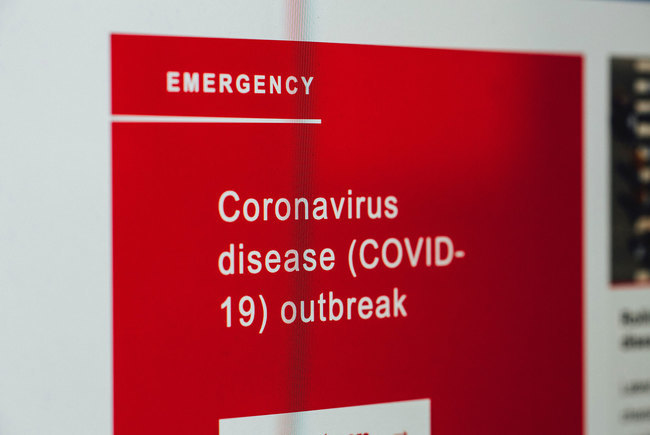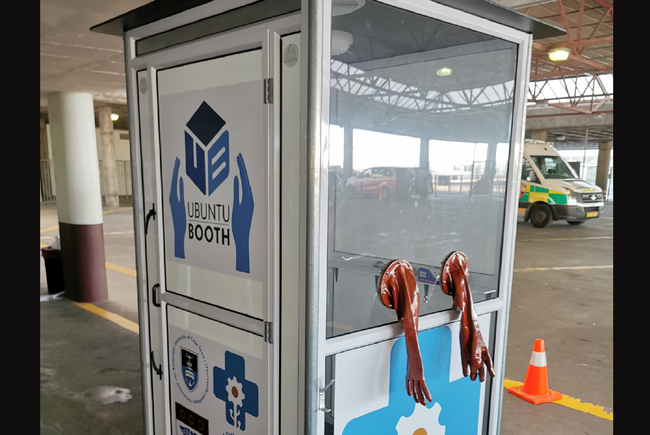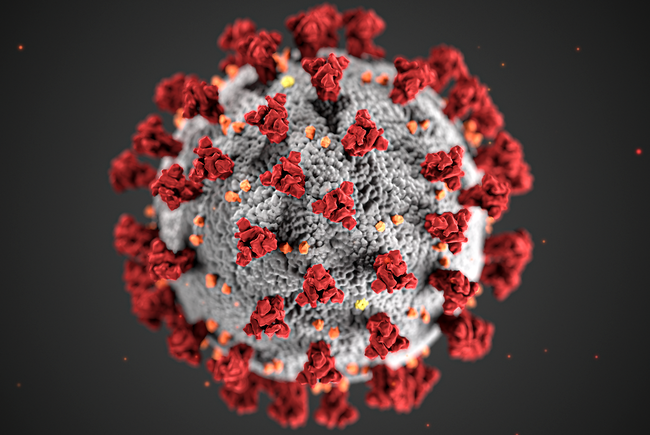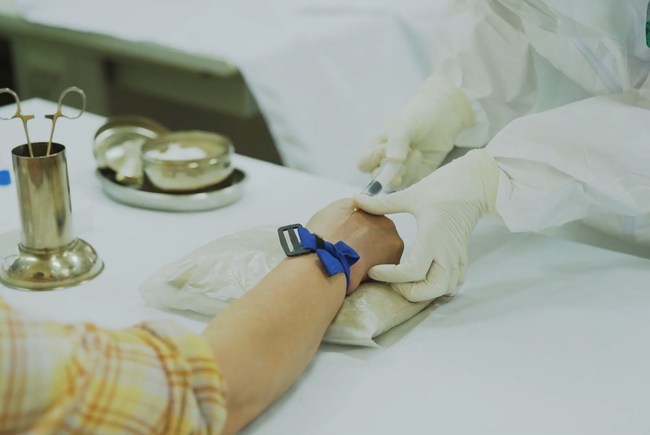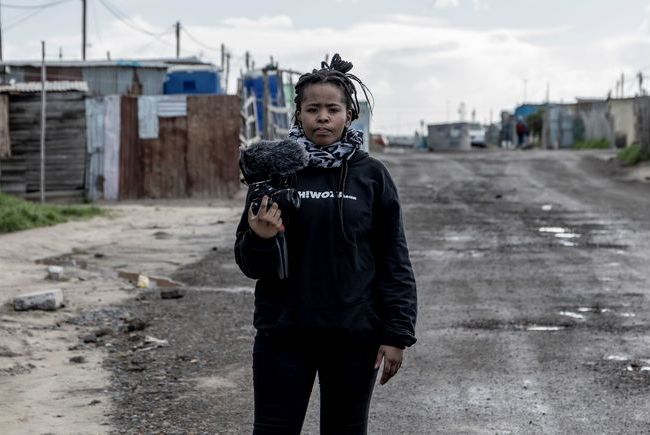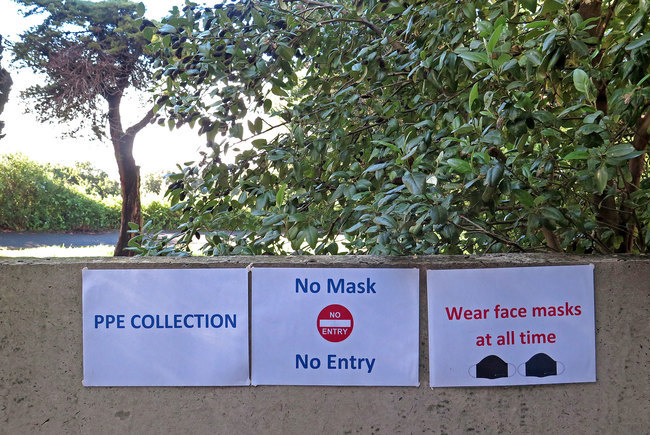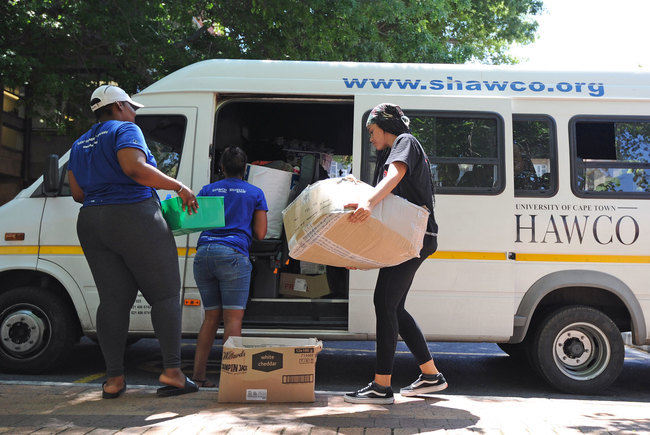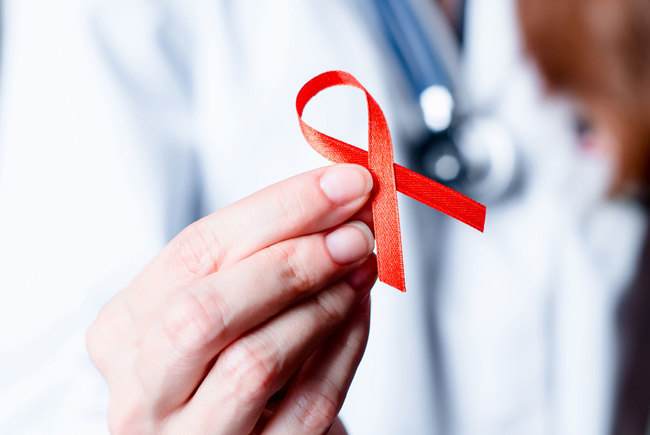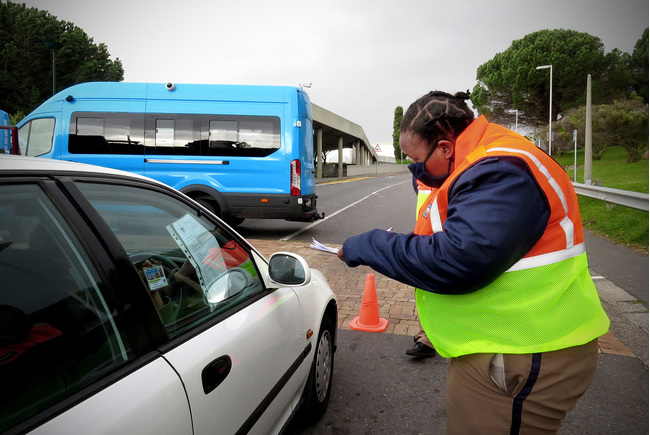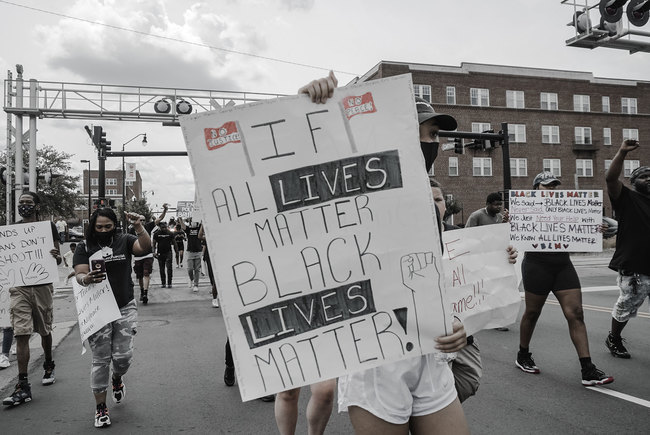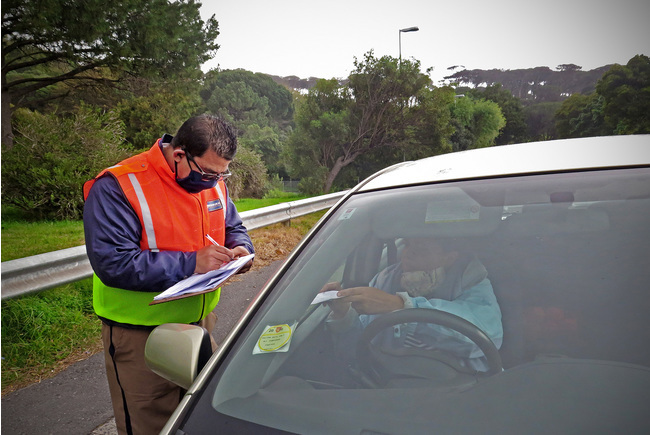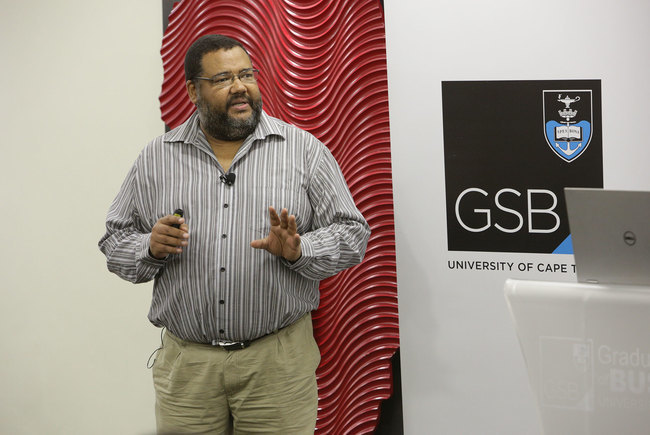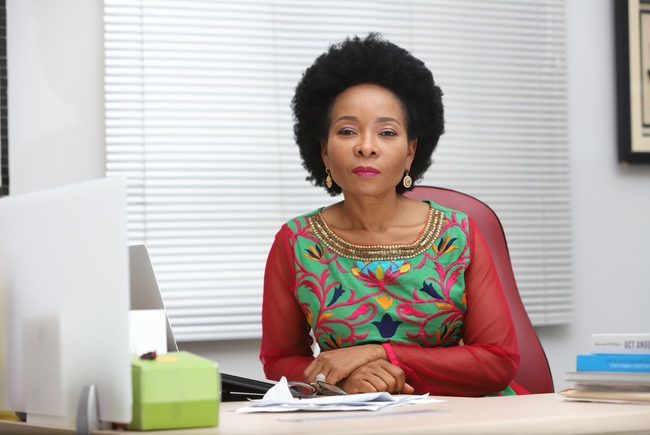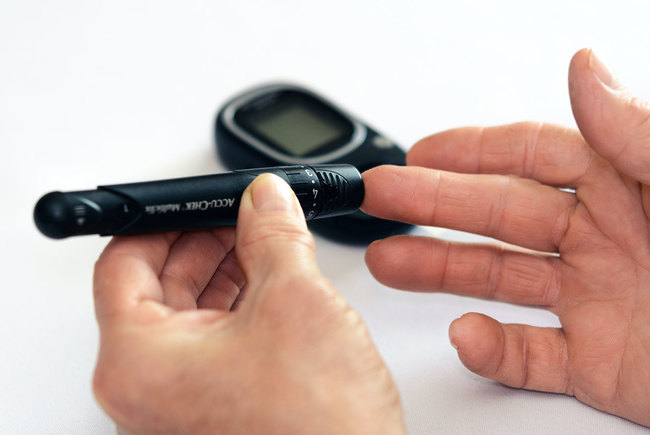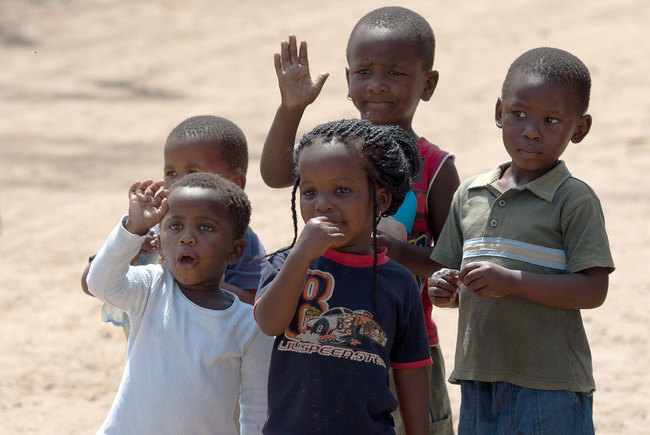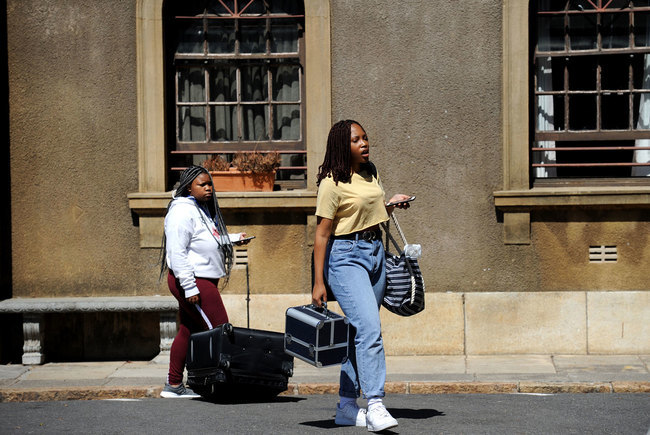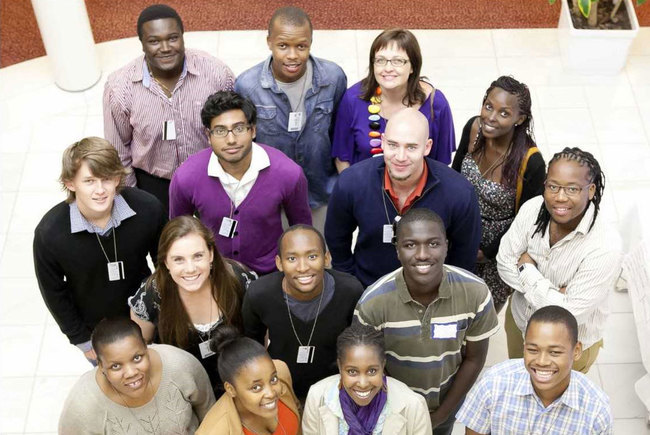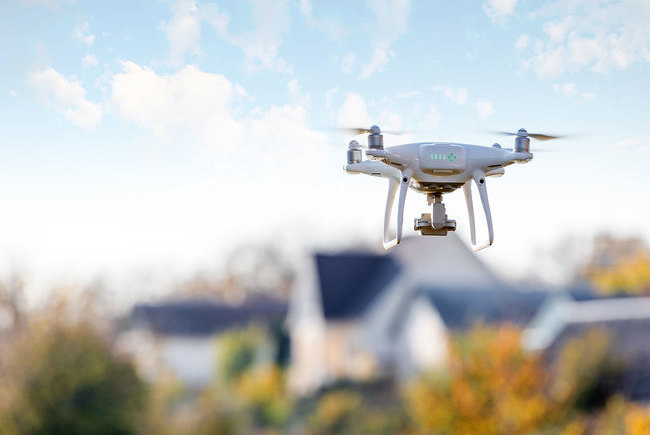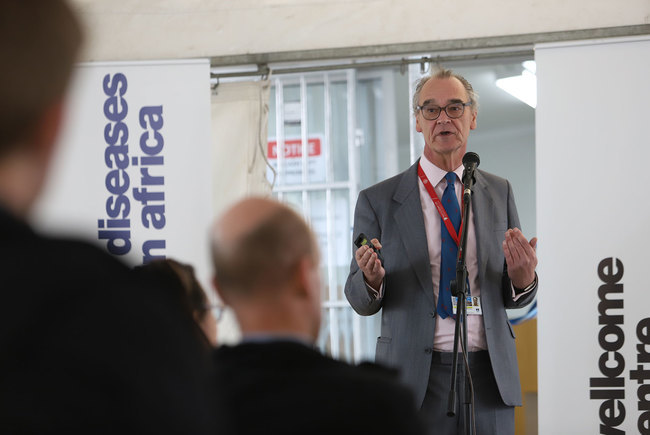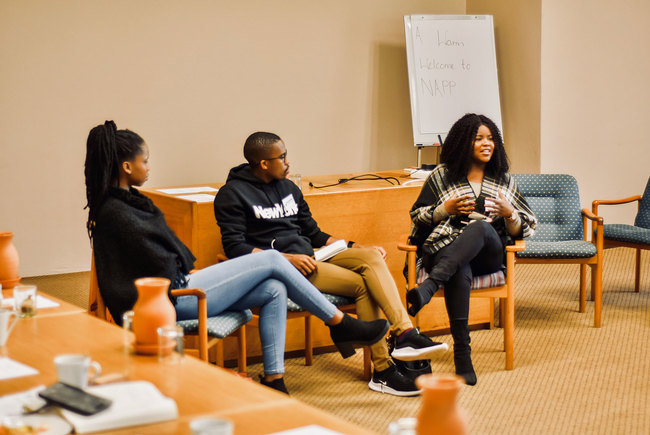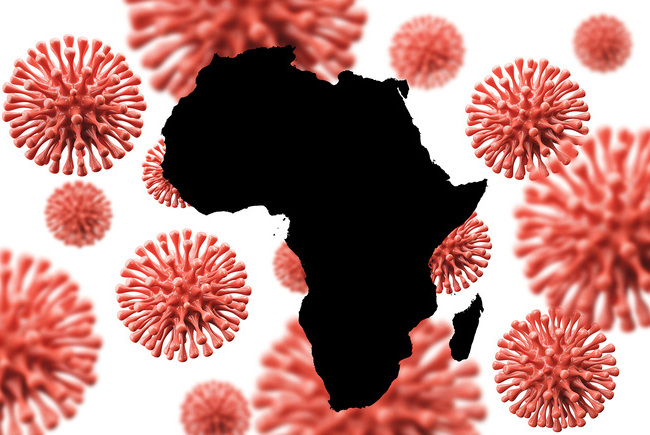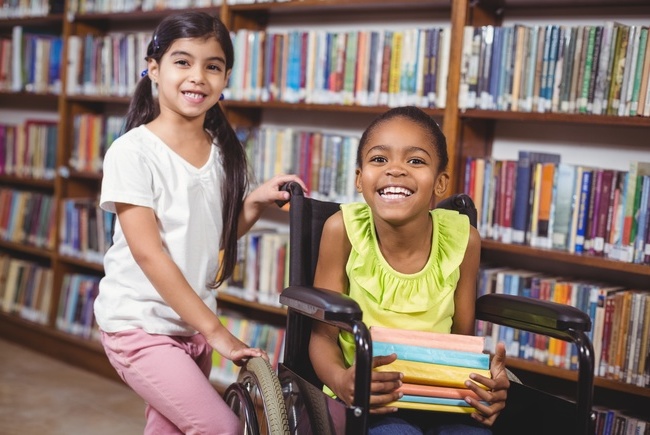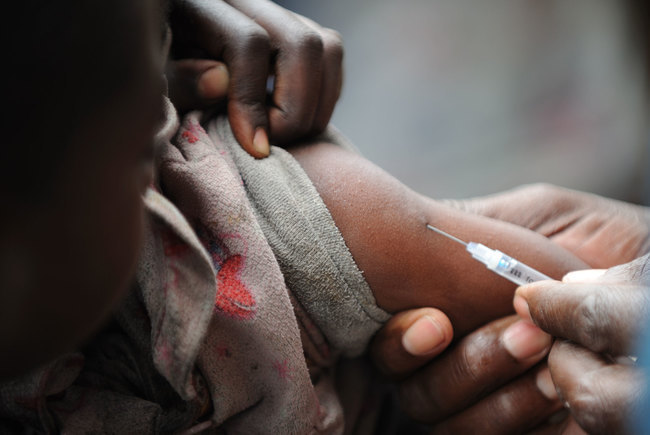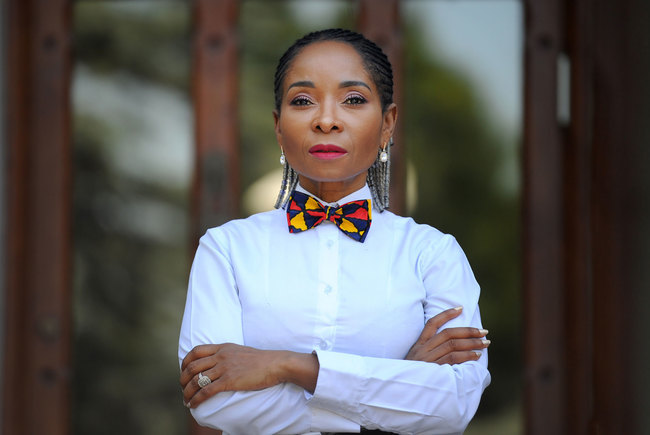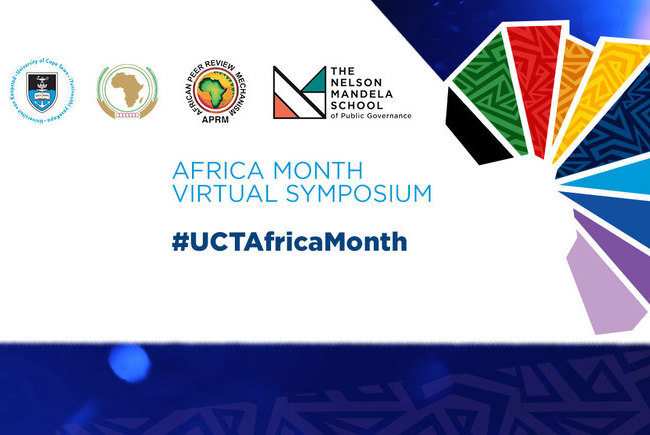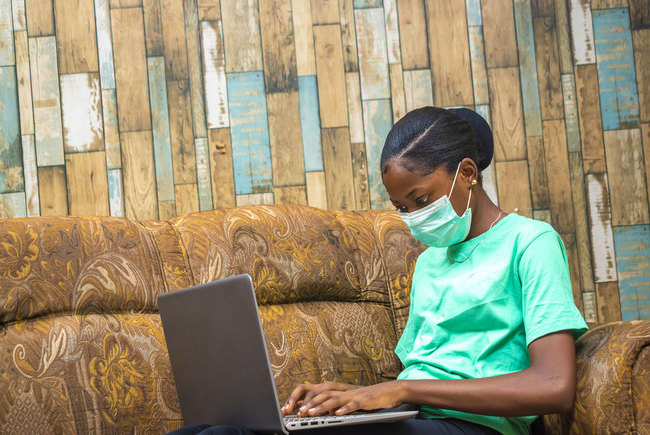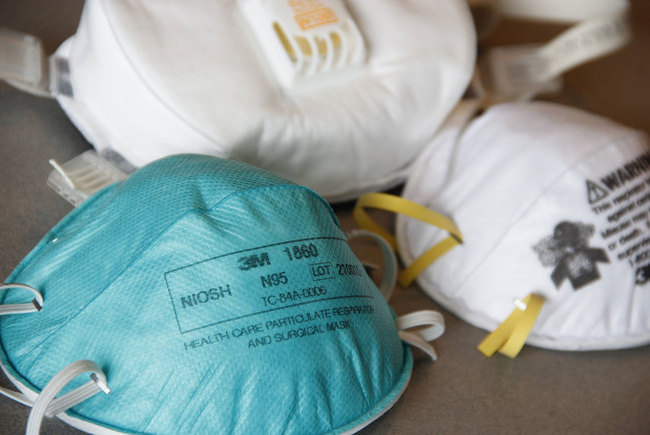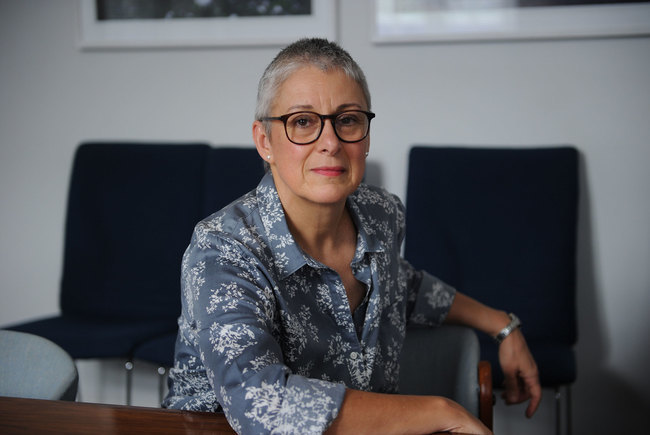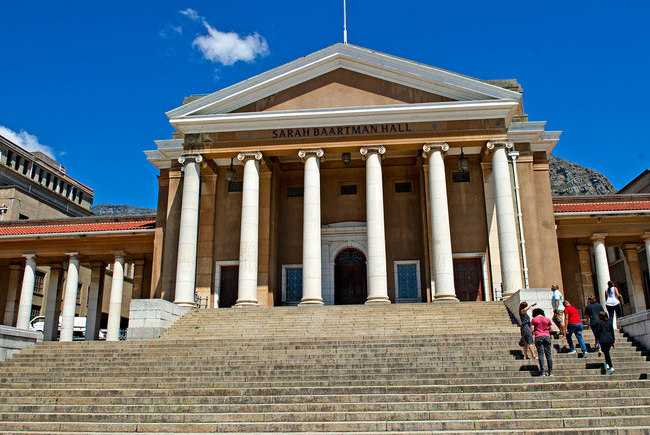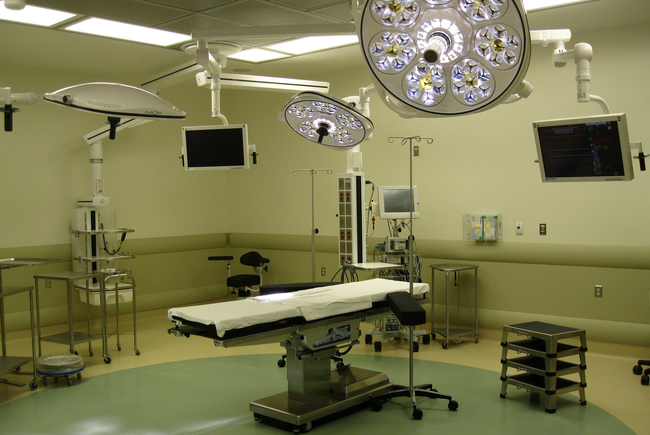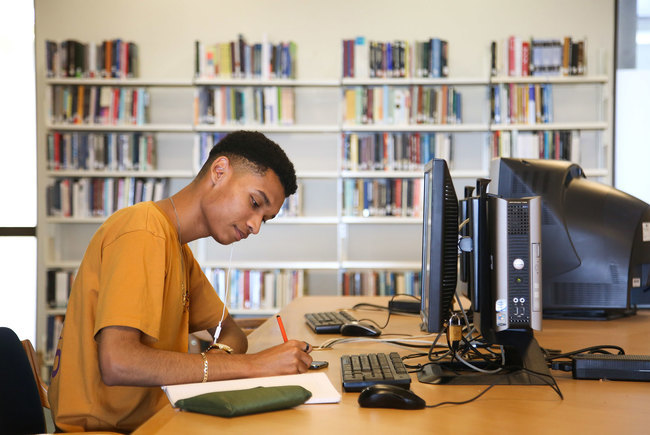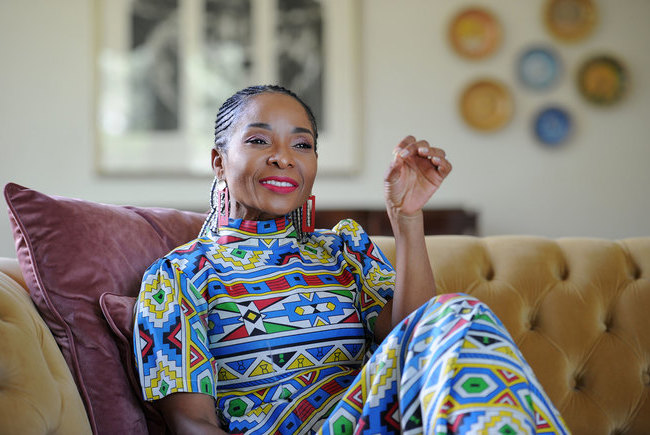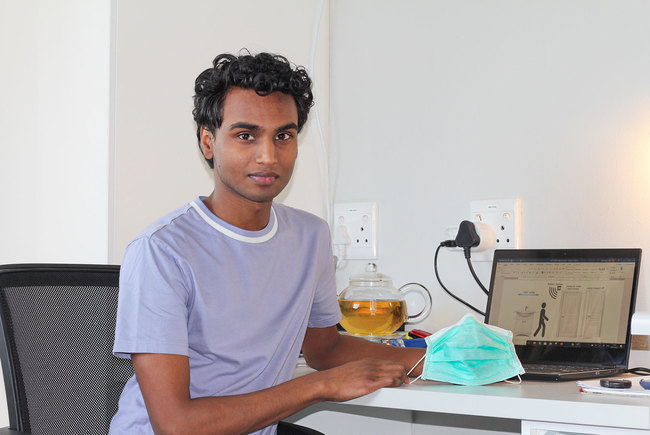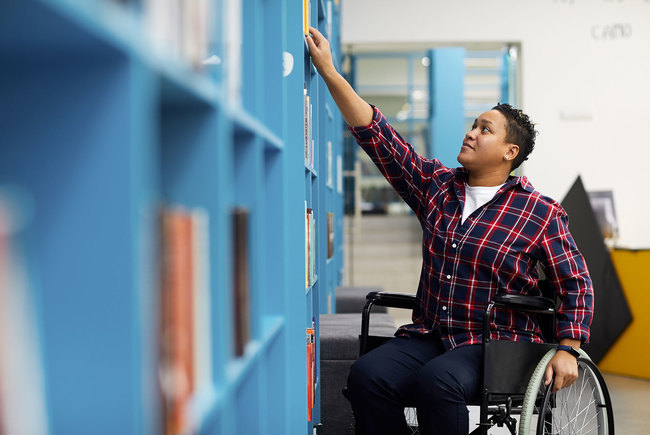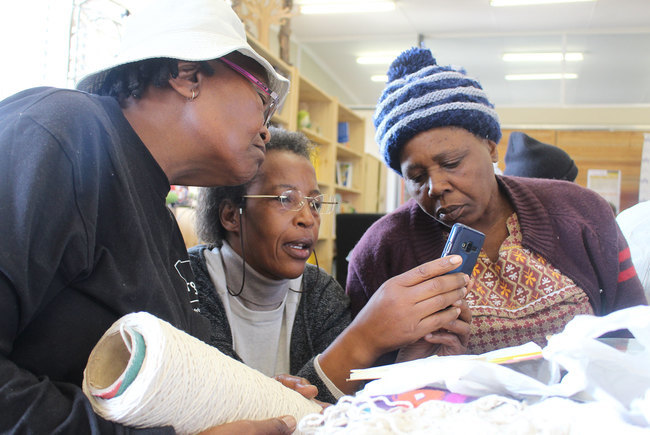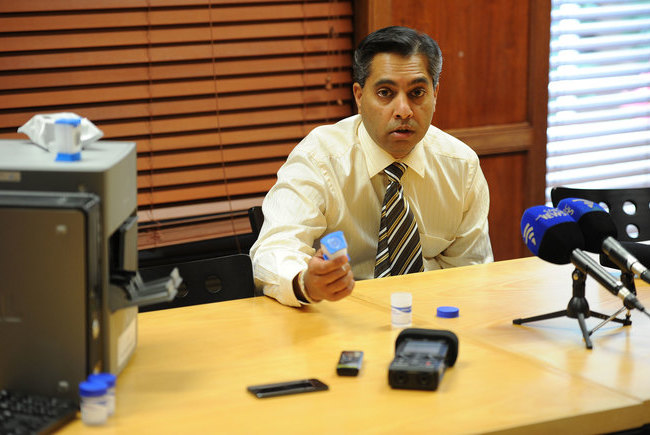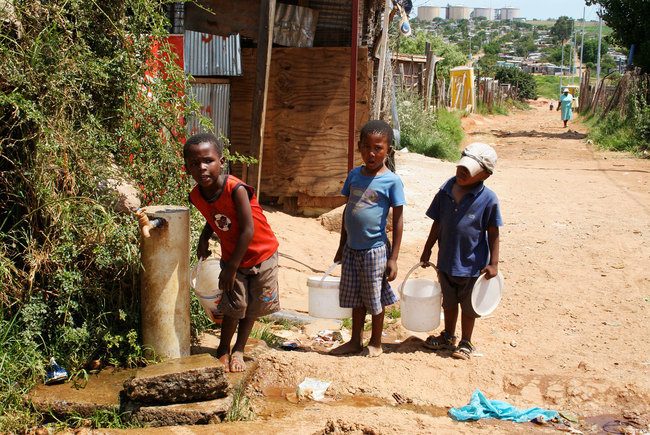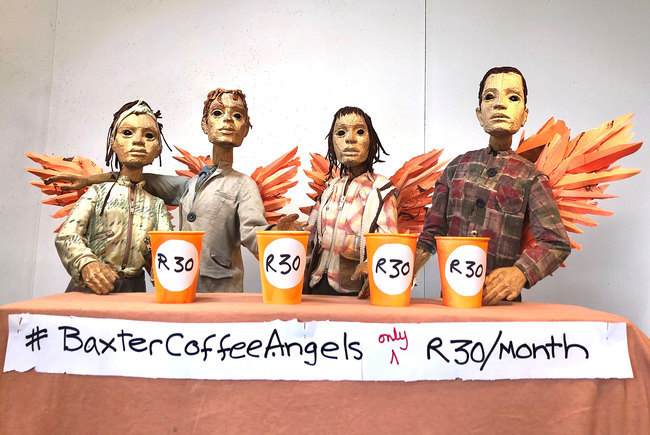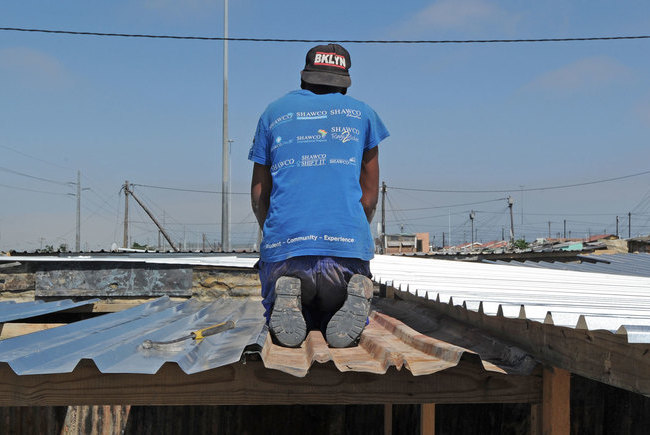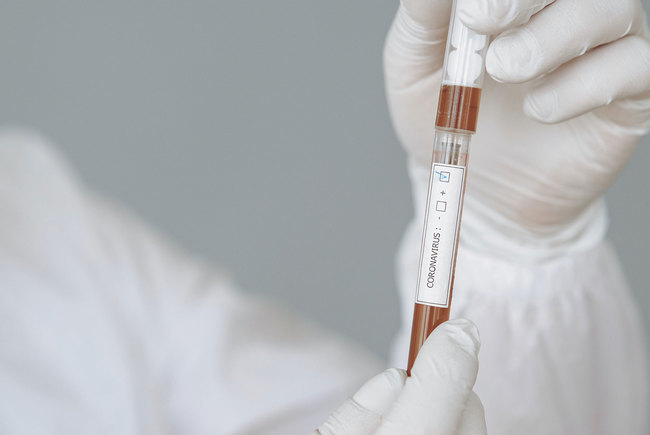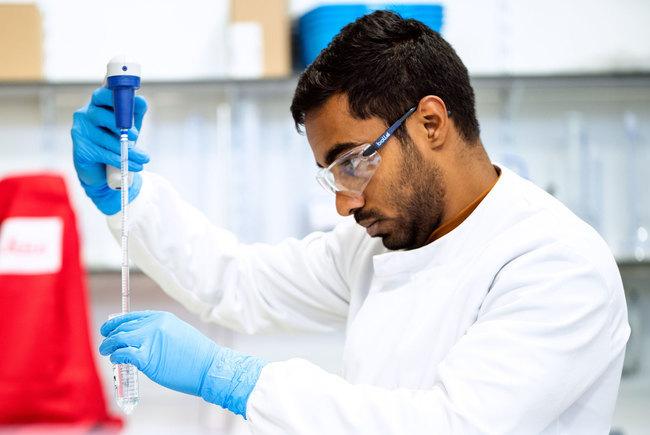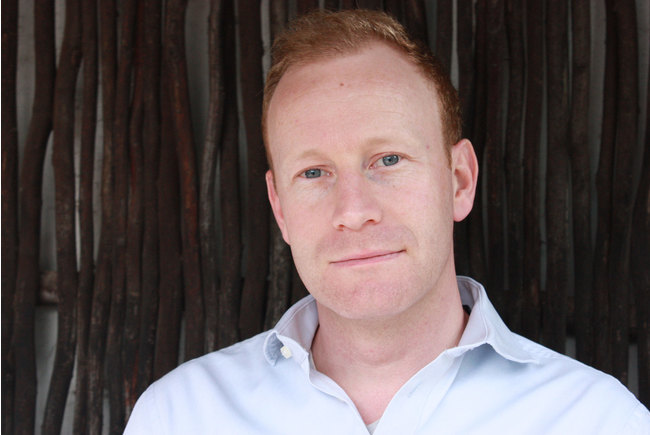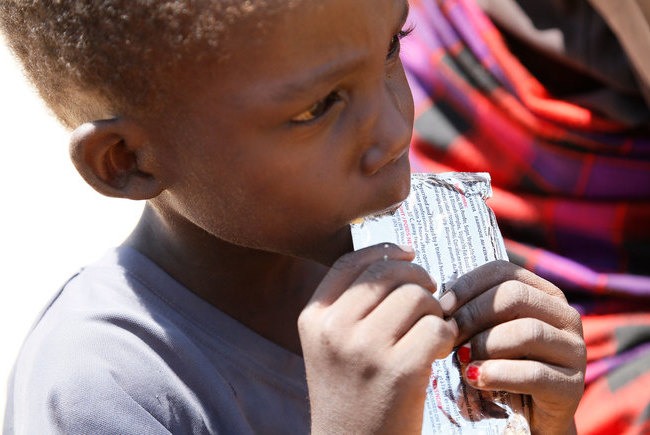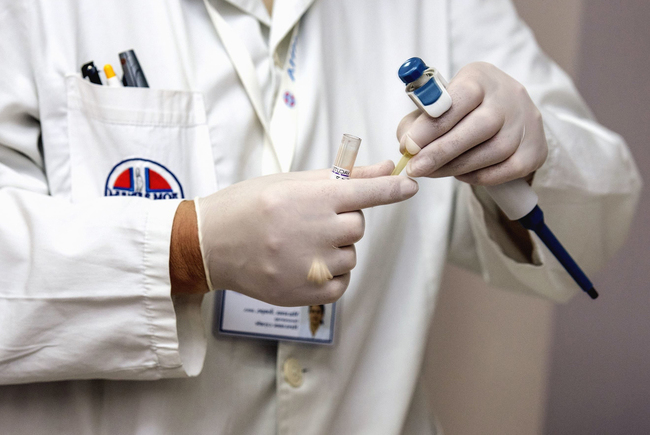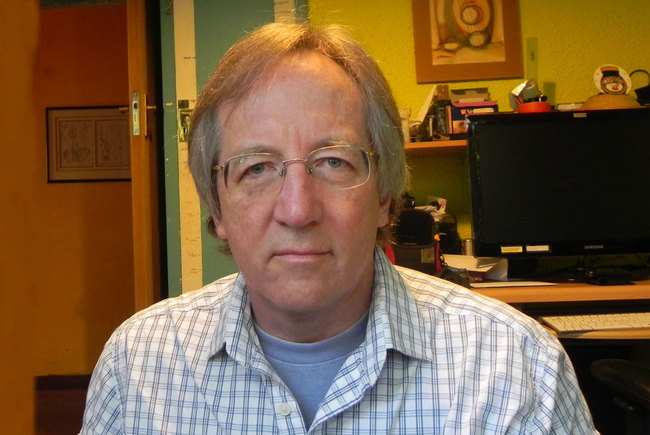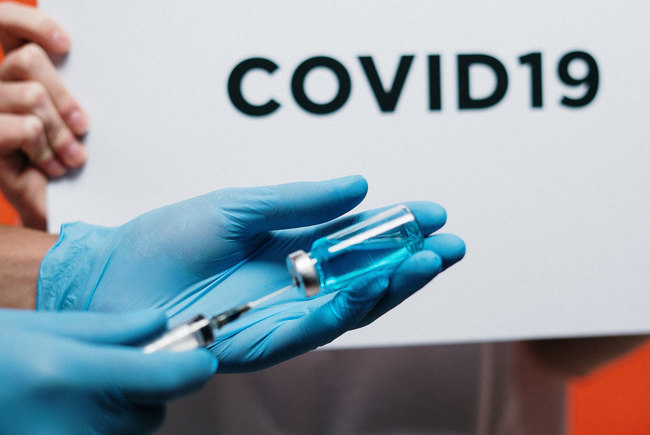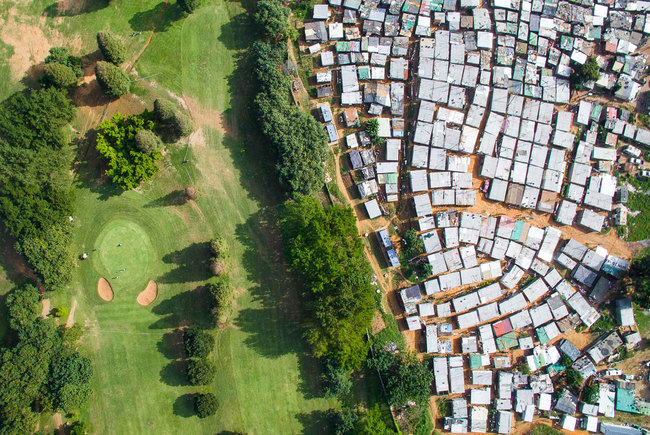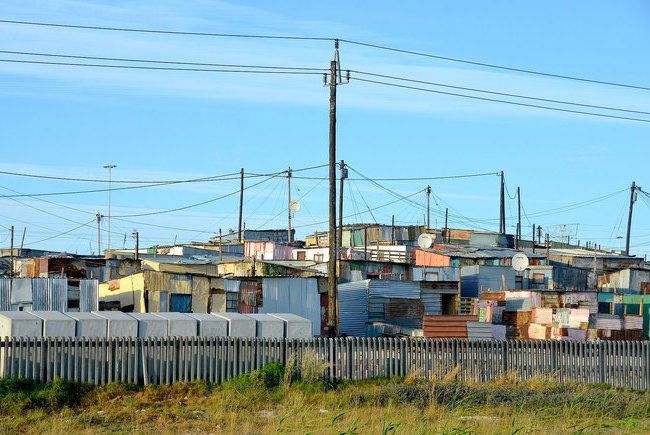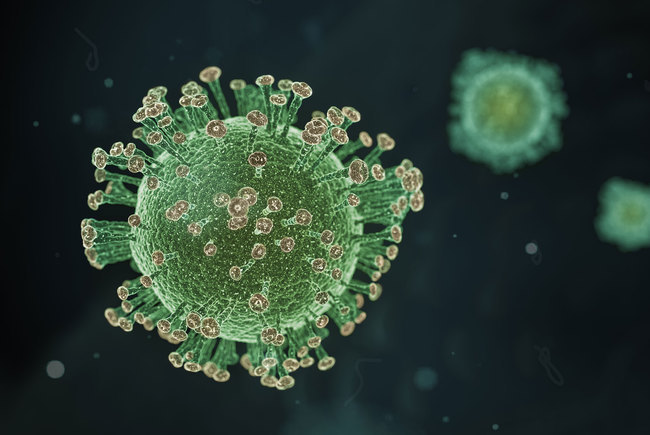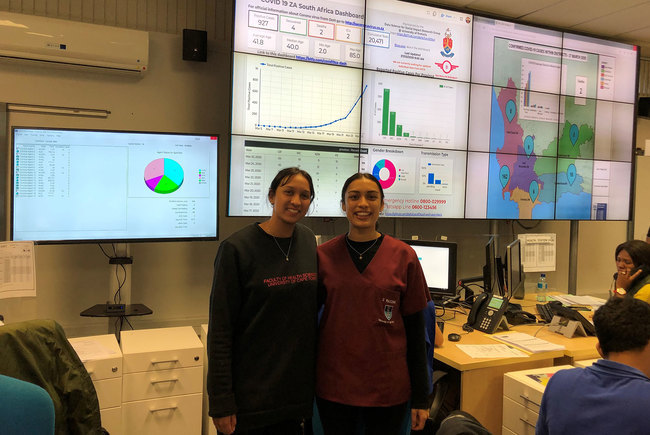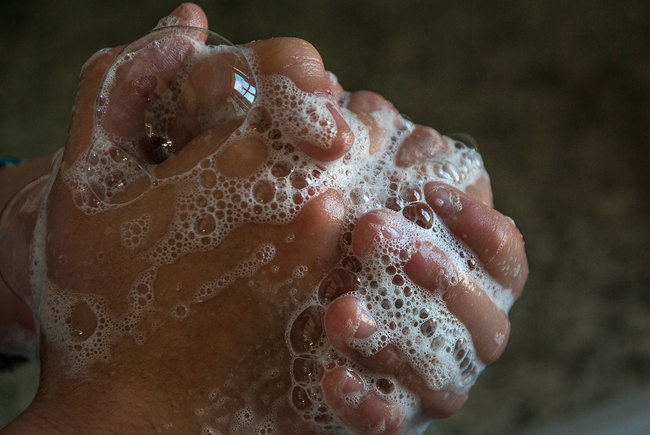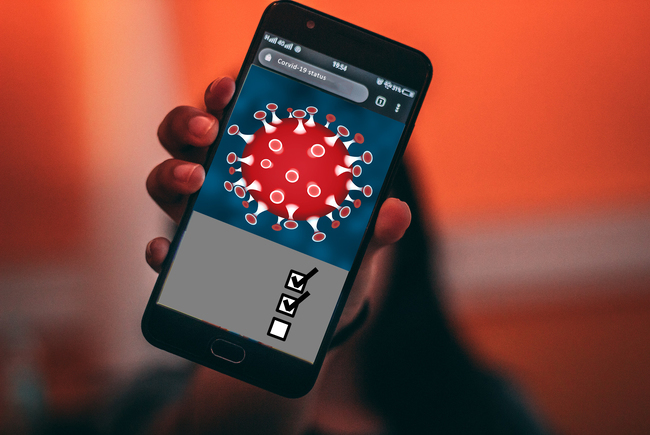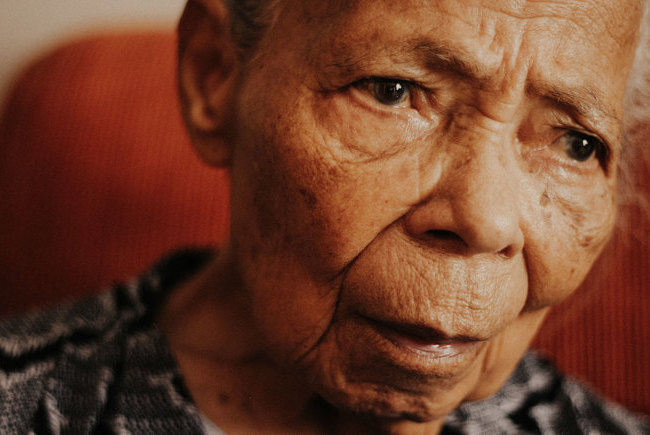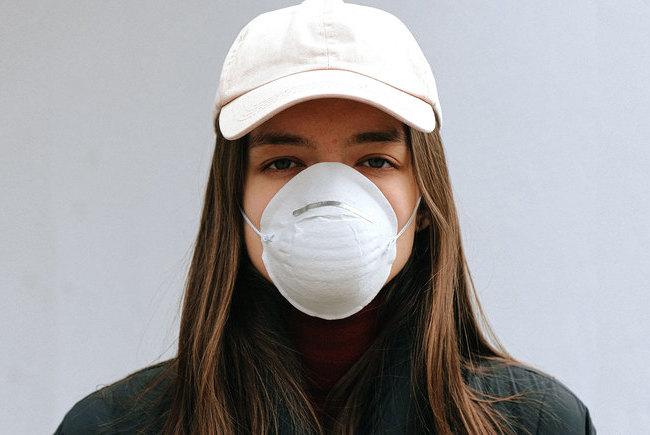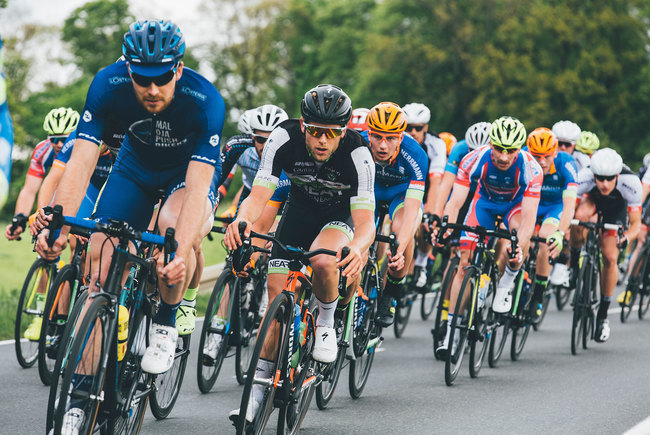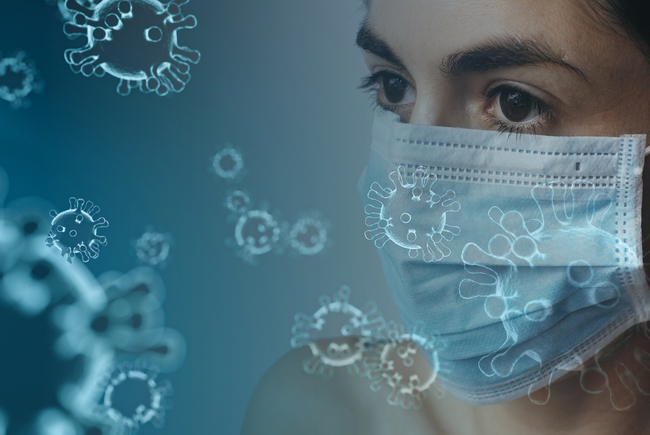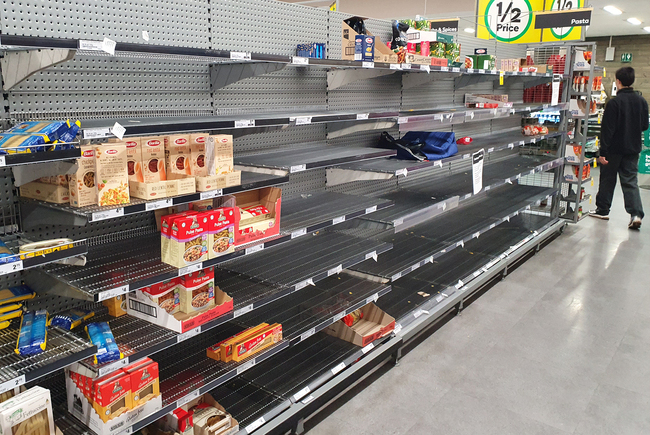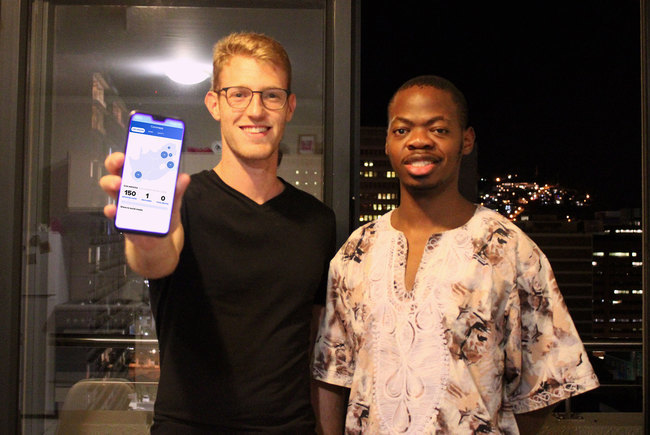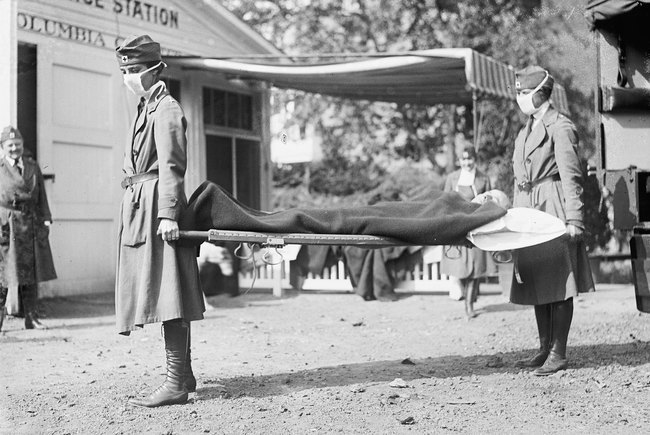COVID-19: insights and lessons with Prof Marc Mendelson
19 January 2021 | Story Niémah Davids. Photo Adobe Stock. Voice Lerato Molale. Read time 6 min.
“Without rapid vaccination of at least two thirds of the population, we (South Africa) are not going to get to population immunity, and without that, we will see another wave.”
This was according to Professor Marc Mendelson, who presented a virtual Summer School lecture titled “COVID-19 insights and lessons” on Saturday, 16 January 2021.
Professor Mendelson is the head of the Division of Infectious Diseases and HIV Medicine at Groote Schuur Hospital, the immediate past president of the International Society for Infectious Diseases and the past president of the Federation of Infectious Diseases Societies of Southern Africa.
South Africa is currently gripped by a second wave of COVID-19 infections, and scientists have identified a new variant – 501.V2 – which is driving the infection surge in the country.
“[Globally], this pandemic has been the greatest challenge to the public health system that we’ve ever seen, and it’s associated with a scientific endeavour that we have never seen before,” Mendelson said.
“As a country we still face deep problems with severe issues around vaccine strategy, and we haven’t even talked about vaccine denial.”
“We’re definitely better off a year down the line, but there are a huge number of things that we need to answer. As a country we still face deep problems with severe issues around vaccine strategy, and we haven’t even talked about vaccine denial.”
COVID-19 transmission
Mendelson explained that the virus sits in the upper respiratory tract (nose and nasal passages), as well as in the lungs, and can be transmitted through large droplets expelled from the upper airways.
If infected people expel large droplets containing the virus, these relatively heavy droplets fall to the ground quite quickly. Smaller droplets, on the other hand, remain airborne. Clinically and epidemiologically, evidence suggests that COVID-19 is transmitted by large droplets, he said.
“Because droplets drop onto surfaces … you will need to clean surfaces and wash your hands well. This is the science behind the use of masks, handwashing, social distancing and ventilation.”
“The household infection rates were high. A very large number of cases, the vast majority [in fact], were within families in close proximity [to one another]. This, epidemiologically, suggests that large droplets play a role in transmission.
“If you want to reduce transmission from large droplets, then you need to increase the distance you are from someone. Also, because droplets drop onto surfaces … you will need to clean surfaces and wash your hands well. This is the science behind the use of masks, handwashing, social distancing and ventilation.”
However, in some studies, particularly those that involve hospitalised patients, Mendelson said that the virus has also been found in remote areas of hospital rooms, not just near the patient’s bedside. Droplets have been found on air fans, ceilings and walls – and at a distance from the patient. Therefore, he explained, it appears that COVID-19 can also be transmitted by aerosols (smaller droplets).
“If you want to reduce aerosols, one way of doing that is to improve ventilation. The more the air is changed, the [quicker] it will dilute small droplets,” he said.
The new variant
Mendelson said that scientists detected a new strain of COVID-19 in parts of the country in September 2020. Now, Mendelson said, “pretty much all infections” in the country are dominated by the new variant.
He said that the new strain contains a large number of mutations, and the viruses that scientists continue to genotype have emerged with the same mutations. These mutations, he explained, sit in the area of the spike protein of SARS-CoV-2, which “antibodies generally recognise”.
“Scientific evidence is rapidly being worked on by a research consortium across South Africa.”
“Antibodies and T-cell immunity recognise the same areas, and these recognition sites are critical in our fight against the virus. If the genetic material protein changes and the spike protein changes in this variant, there is a possibility that our immune system won’t work as well.”
Mendelson said that scientists have many unanswered questions about the new strain, including whether current vaccines will offer protection against the new variant, and whether people previously infected with a different strain will have immunity against the new variant.
“Scientific evidence is rapidly being worked on by a research consortium across South Africa … to find out exactly what’s happening and what the answers will be.”
Government’s vaccine roll-out plan
Government’s vaccine roll-out plan will be divided into three categories: phase one will focus on frontline healthcare workers; phase two will focus on essential workers, the elderly and persons with comorbidities; and phase three will focus on other people 18 years and older.
“Our response has been slow, even though it is now accelerating.”
“The bottom line is that our response has been slow, even though it is now accelerating,” Mendelson said.
“We’ve been promised by the president that 67% of the population is going to be vaccinated by the end of the year. Remember, kids under 16 don’t get vaccinated, so we are talking about 40 million people who need to be vaccinated.”
While Mendelson said he’s not able to describe exactly what it will look like and what its effects will be, without rapid vaccination to achieve population immunity, a third wave is definitely on the cards.
 This work is licensed under a Creative Commons Attribution-NoDerivatives 4.0 International License.
This work is licensed under a Creative Commons Attribution-NoDerivatives 4.0 International License.
Please view the republishing articles page for more information.
Coronavirus Disease 2019 updates
COVID-19 is a global pandemic that caused President Cyril Ramaphosa to declare a national disaster in South Africa on 15 March and implement a national lockdown from 26 March.
UCT is taking the threat of infection in our university community extremely seriously, and this page will be updated regularly with the latest COVID-19 information.
Daily updates
Campus communications
Resources
Video messages from the Department of Medicine
Getting credible, evidence-based, accessible information and recommendations relating to COVID-19
The Department of Medicine at the University of Cape Town and Groote Schuur Hospital, are producing educational video material for use on digital platforms and in multiple languages. The information contained in these videos is authenticated and endorsed by the team of experts based in the Department of Medicine. Many of the recommendations are based on current best evidence and are aligned to provincial, national and international guidelines. For more information on UCT’s Department of Medicine, please visit the website.
To watch more videos like these, visit the Department of Medicine’s YouTube channel.
Useful information from UCT
External resources
News and opinions
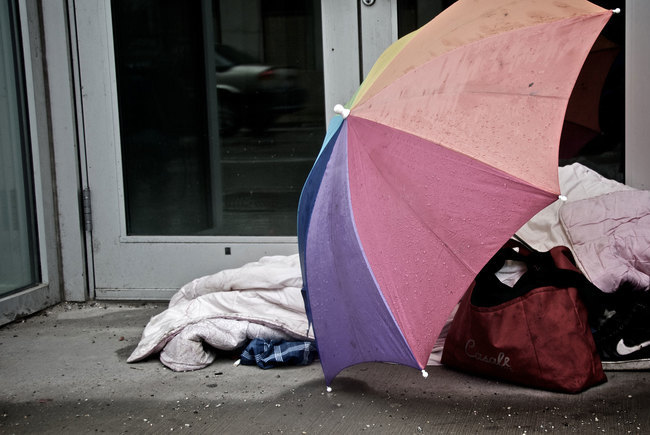
As the COVID-19 crisis drags on and evolves, civil society groups are responding to growing and diversifying needs – just when access to resources is becoming more insecure, writes UCT’s Prof Ralph Hamann.
03 Jul 2020 - 6 min read Republished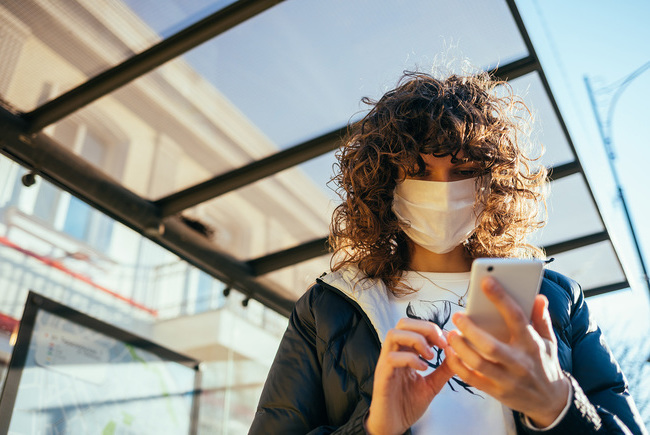
The Covid-19 crisis has reinforced the global consequences of fragmented, inadequate and inequitable healthcare systems and the damage caused by hesitant and poorly communicated responses.
24 Jun 2020 - >10 min read Opinion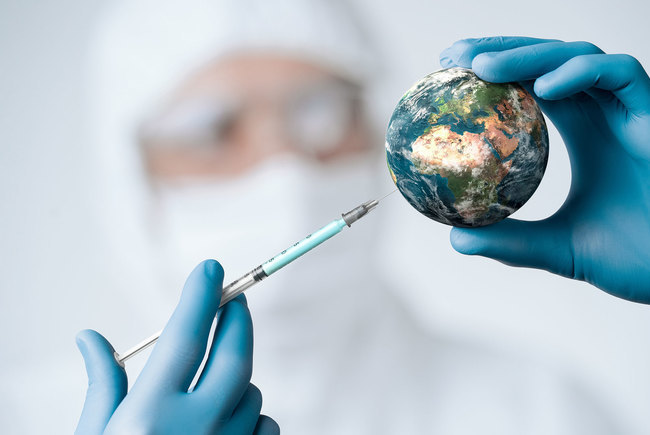
Our scientists must not practise in isolation, but be encouraged to be creative and increase our knowledge of the needs of developing economies, write Professor Mamokgethi Phakeng, vice-chancellor of UCT, and Professor Thokozani Majozi from the University of the Witwatersrand.
09 Jun 2020 - 6 min read Republished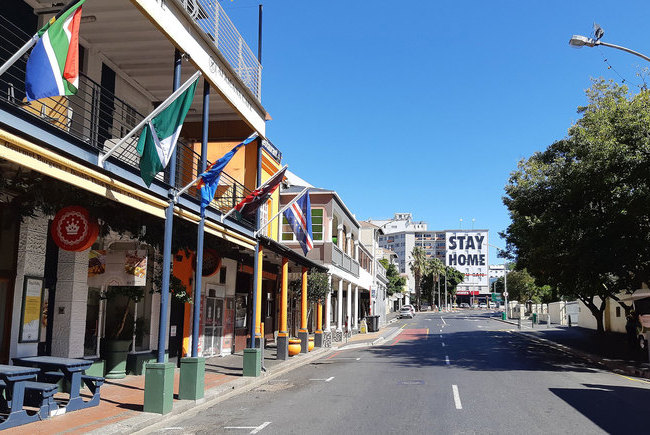
South Africa has been recognised globally for its success in flattening the curve, which came as a result of President Ramaphosa responding quickly to the crisis, writes Prof Alan Hirsch.
28 Apr 2020 - 6 min read RepublishedStatements and media releases
Media releases
Read more
Statements from Government
In an email to the UCT community, Vice-Chancellor Professor Mamokgethi Phakeng said:
“COVID-19, caused by the virus SARS-CoV-2, is a rapidly changing epidemic. [...] Information [...] will be updated as and when new information becomes available.”
We are continuing to monitor the situation and we will be updating the UCT community regularly – as and when there are further updates. If you are concerned or need more information, students can contact the Student Wellness Service on 021 650 5620 or 021 650 1271 (after hours), while staff can contact 021 650 5685.








